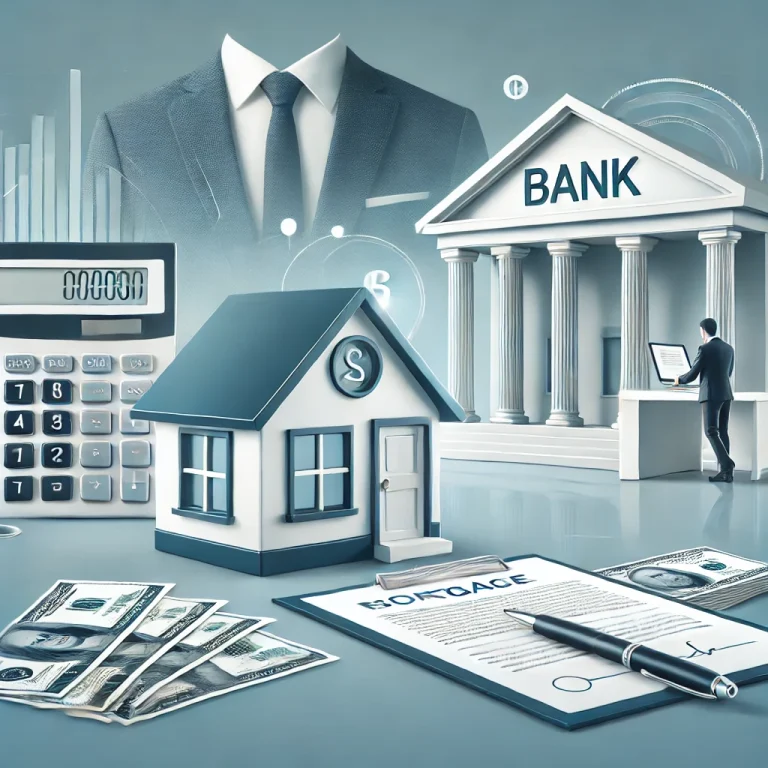
Personal loans can be an excellent method to eradicate high-interest credit card debt. However, it’s essential to understand the advantages and disadvantages of using a loan for this objective.
Credit cards are handy, particularly for substantial purchases, arranging travel, managing emergency expenses, or various other applications. The responsible use of credit cards over time is also an excellent way to enhance one’s credit history, aiding in qualifying for larger loans, such as auto loans or mortgages, in the future.
However, it’s crucial to monitor credit card balances closely, especially in periods of fluctuating interest rates. Rising interest rates can lead to higher minimum payments and account balances that increase more rapidly.
“It’s important to remember that interest rates are the cost of borrowing money. So, if you can swap higher interest rate credit card debt for a personal loan at a lower rate, then it’s much easier to reduce the principal of the loan, rather than just paying interest. Personal loans may offer more favorable terms, too.”
While a personal loan can be a potent financial instrument, one utilized by many, it’s vital to determine if it’s the appropriate choice for your specific financial situation.
First and foremost, a personal loan is typically a lump-sum loan. Unlike the revolving credit of a credit card, personal loans are repaid on a fixed schedule, usually in installments.
It might seem paradoxical to take out one type of loan to repay another. However, the characteristics of personal loans compared to credit cards could positively influence your financial situation.
“It’s really all about the math,” Sidhu explains. “As the Federal Reserve’s prime rate increases, credit card rates rise alongside it. Consequently, there’s a high likelihood that a personal loan charges significantly less interest than your current credit card. It’s simply wise financial management to pay less in interest over time.”
If getting rid of credit card debt—and the higher interest payments that may go with it— sounds appealing to you, a personal loan may have several distinct advantages.
The better prepared you are before applying for a loan, the more smoothly the process will go. Before you start the application process for a personal loan, make sure you have the following information ready:
While a personal loan can be an excellent method to manage and potentially pay off credit card debt, it’s crucial to see it as part of a broader plan to achieve financial stability. As Sidhu notes, debt should be approached with caution. It ought to be part of a larger strategy to grow wealth and attain financial strength. Therefore, consolidating credit card debt should be seen as the initial step on the path to a more secure future.
Another step is improving your credit score. A robust credit score forms the foundation for financial success. It not only increases the likelihood of being approved for future loans but often leads to more.
In terms of building your credit, think carefully before canceling a paid-off credit card. Your credit score reflects not just your credit history and current debts but also the longevity of your credit accounts and the percentage of your available credit you use. Canceling credit cards can raise your credit utilization ratio—the amount of credit you have available versus how much you use. As a result, consider keeping open those credit card accounts with the longest history.